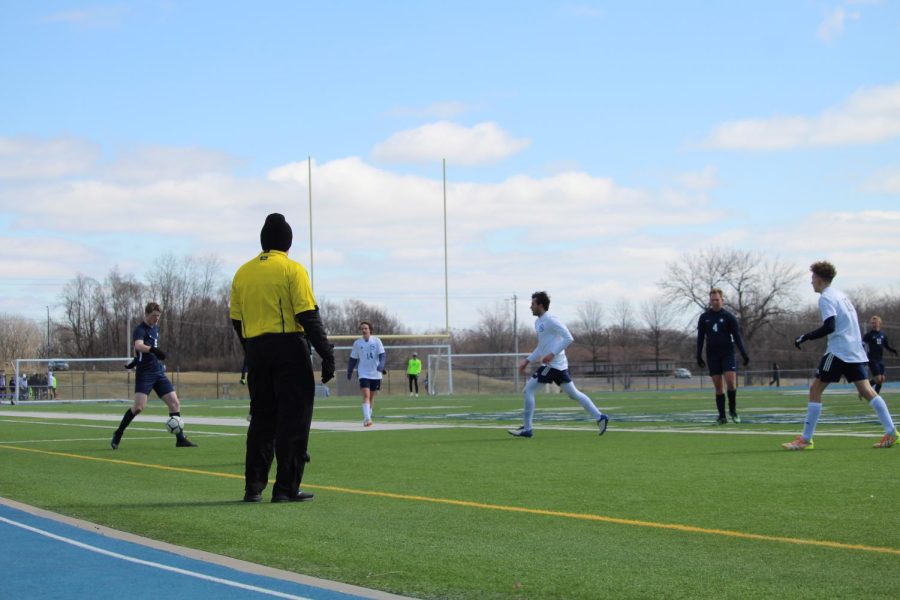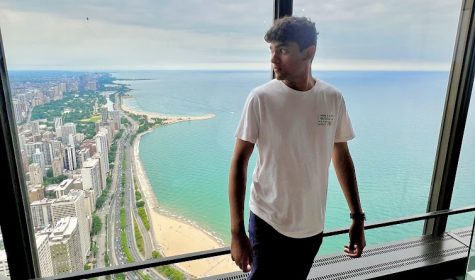In preparation to host the 2022 World Cup, Qatar built eight air-conditioned stadiums, but these eight stadiums came at more than a monetary cost: the cost of human rights.
When Qatar won the bid to host the 2022 World Cup, it only had one stadium which was ready to be used. This shortage of stadiums required Qatar to spend billions on workers’ wages, materials and subcontracts with other companies. Even with the billions to spend on the world cup stadiums, they cut corners on safety regulations, treated workers poorly and had terrible immigration policies for migrant workers primarily from Nepal, India and Pakistan.
Many of these workers went unpaid for months and were forced to work during the hottest days of the summer season. The unsafe work conditions left some workers with lifelong and even fatal injuries. 6,500 South Asian migrant workers died during the process of construction, and their families were left without any compensation.
The loss of a family member led to many families spiraling into poverty, as the workers usually send most of the money back home to support their families. These families are left with massive debts without any income stream.
Under Qatar’s kafala system, companies sponsor migrant workers to come work for them in Qatar. Many of these companies initially offer high wages at signing, but once on site, they draft a new contract with less salary and no guaranteed living.
The companies also take away the workers’ work passports, leaving them stranded in an unknown country with thousands in debt and stranded from their families. Because of these unethical practices, the kafala system can be compared to modern-day slavery. However, this practice is not new to Qatar, as many other projects have been executed through the ill-treatment of migrant workers.
PV alumni Aayusha Adhikari is from nepal and has heard many talk about the cost these migrant workers, as middleeastern societies rely on their cheep and hazardous labor, “I remember having to stop in dubai for a connecting flight, as my dad complaint about the ill treatment of migrant workers from Nepal.” Said Aayusha.
When the workers find themselves trapped in this system, they have no choice but to work. Many continue to work with the hope that they will be able to pay off their debts and help their families back home.
As tensions and work environments worsen, many men see no way out and commit suicide, while others die from heat strokes and other undiagnosed reasons. Most, if not all, of the deaths are blamed on heat strokes, mislabeling the cause of death and making it appear as if they died of natural causes.
When the United Nations and other human rights groups pushed for changes within the kafala system, the changes made by the Qatar government were insignificant as they had only given warnings to companies for operating during the hottest hours of the day even after making it a law. There are many other cases of Qatar making laws to show the UN and human rights associations that they are taking steps against the problems but then they will not enforce the problems.
With ever growing projects within Qatar to become the second Dubia, we will see more migrant workers being trapped within the Kafala system.










